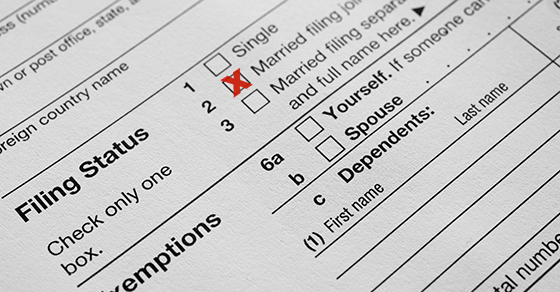Maximize your 401(k) plan to save for retirement
Contributing to a tax-advantaged retirement plan can help you reduce taxes and save for retirement. If your employer offers a 401(k) or Roth 401(k) plan, contributing to it is a smart way to build a substantial sum of money. If you’re not already contributing the maximum allowed, consider increasing your contribution rate. Because of tax-deferred […]
Maximize your 401(k) plan to save for retirement Read More »










